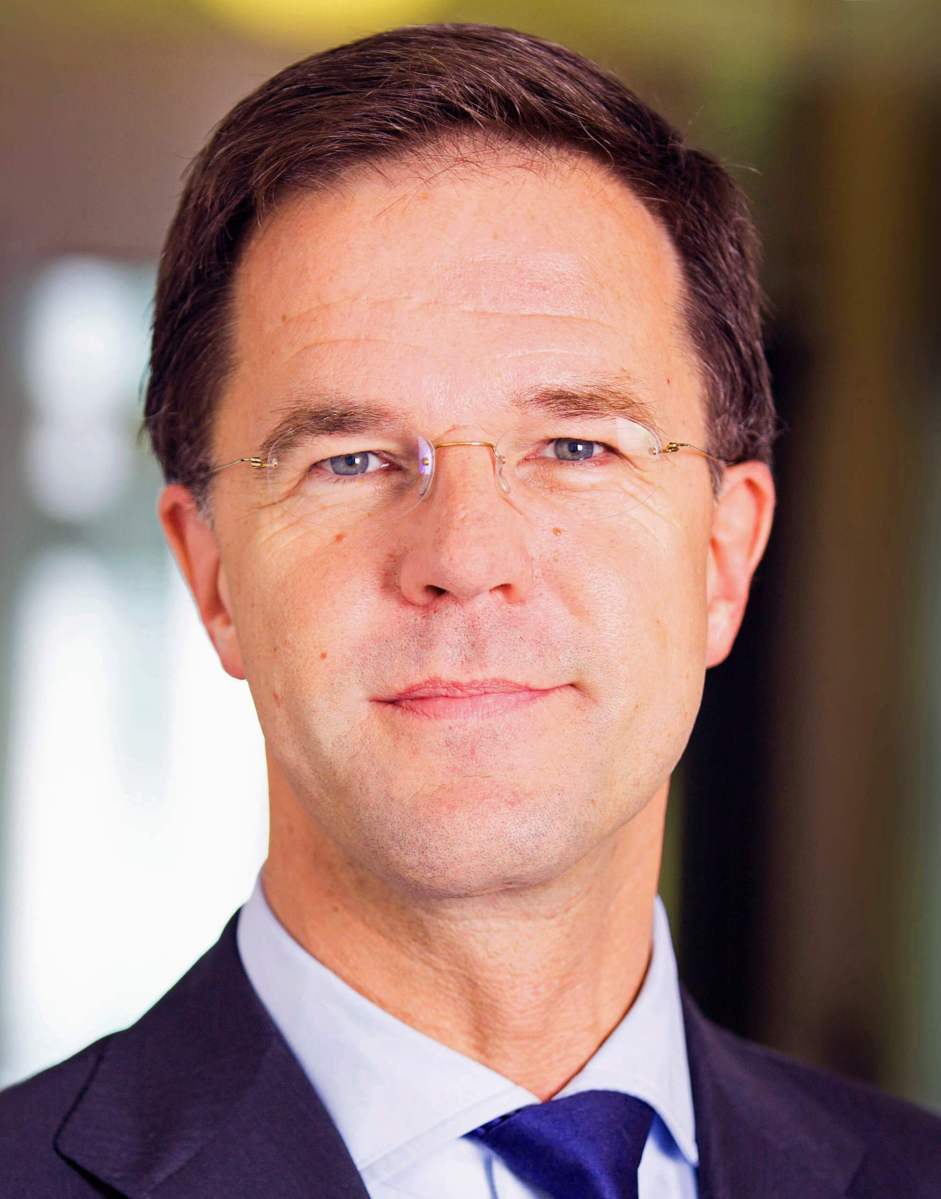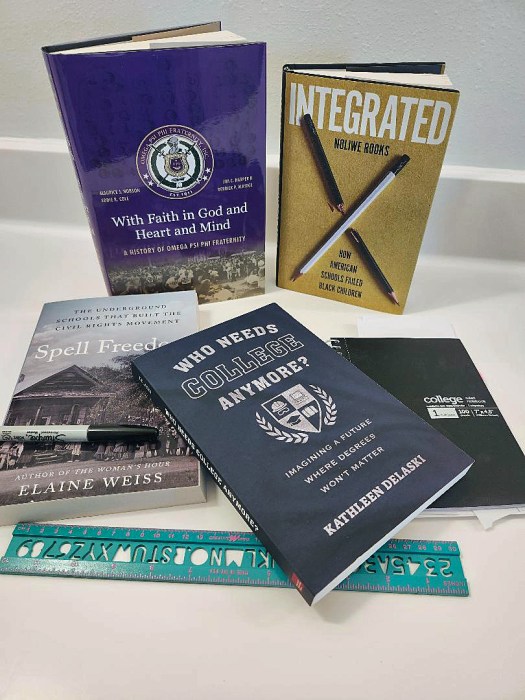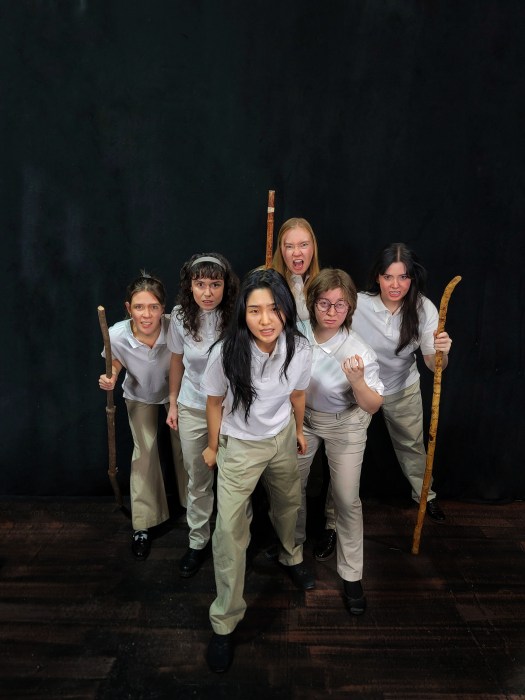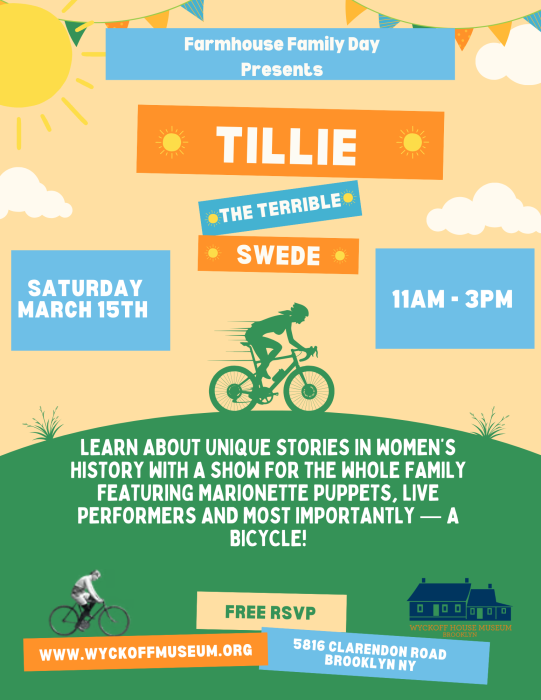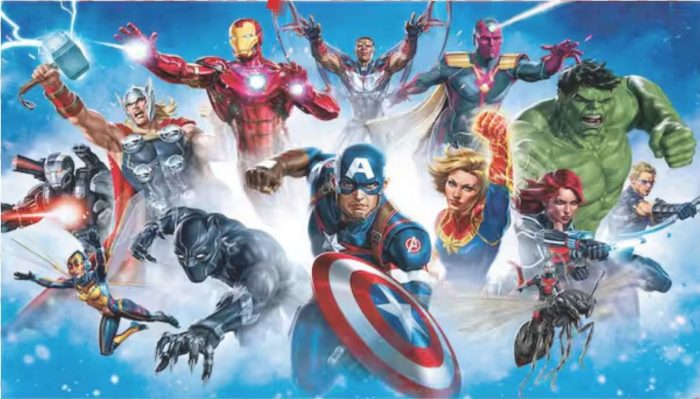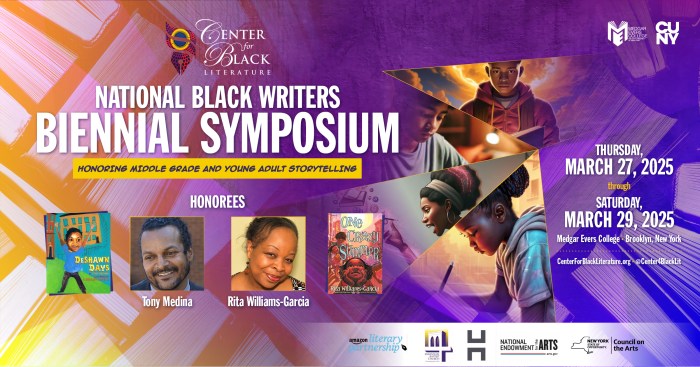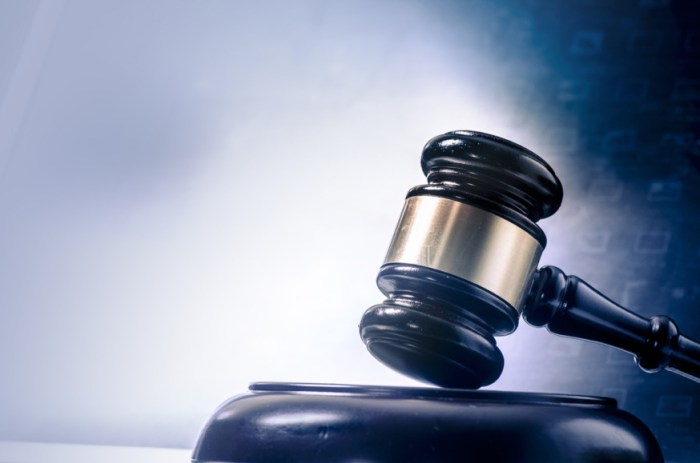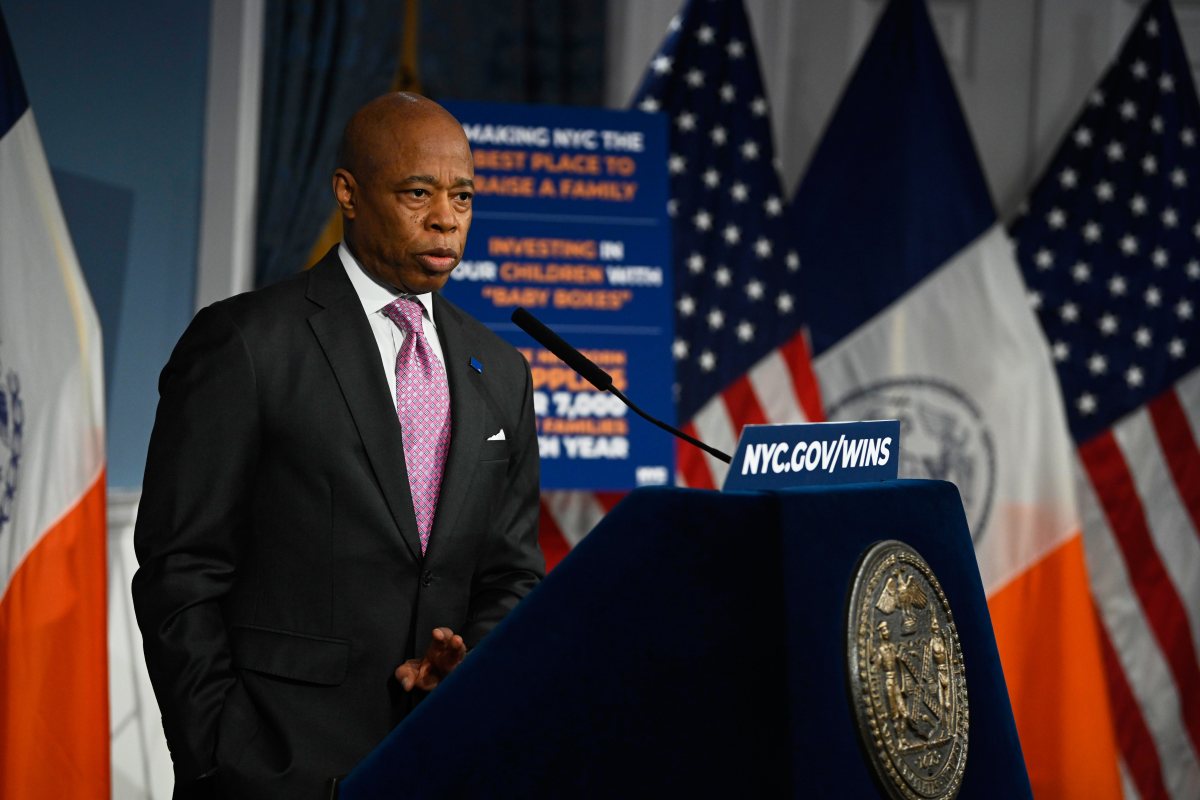Both the Dutch prime minister and king have in the past week apologized for the brutality and horrors of the trans Atlantic slave trade that had killed hundreds of thousand of captured Africans, but the latest focus now appears to be shifting towards the role of the Catholic and other churches during the colonial era.
As Caribbean Community nations move to maintain the pressure on Europe to atone for the sins of slavery and pay reparations for the wealth they have accumulated on the back of free African labor the role churches played appears to be coming into focus as the next area of contention.
Noting waiting on anyone to point a finger at the church, the Roman Catholic Bishop of Paramaribo, the Surinamese capital, addressed the issue front-on in his Christmas message, predicting that churches will have to face up to their own role during the more than 300 years of European enslavement in this part of the world. The issue of an apology and the now raging debate about reparations have picked up intensity in recent weeks especially after a number of Dutch cities and institutions apologized publicly for their role as financiers and enablers of The Dutch system of slavery.
Dutch Prime Minister Mark Rutte said sorry on behalf of the Netherlands on December 19, while King Willem-Alexander did likewise in his Christmas message. Both said the Dutch cannot escape its past links to slavery.
The Dutch apology followed recent fact-finding visits by PM Rutte and a multiparty Dutch parliamentary delegation to former Dutch colony, Suriname to gauge the effects of slavery on Caribbean societies. Rutte did not go on to visit existing Dutch colonies like St. Maarten but the lawmakers did and promptly recommended a government apology.
“It is clear that in the coming year the churches will have to examine their conscience and identify very concretely the suffering inflicted on the Indigenous and the enslaved and their descendants,” Bishop Karel Choennie said in his Xmas message. “Possibly the doctrine of original sin can explain why people do not feel guilty or responsible for the institutional evils that fester in all kinds of unjust structures, systems and treaties, not only from the past but even more so in the present.”
Responding to PM Rutte last week, Caribbean governments through the umbrella Reparations Commission (CRC) that they had appointed back in 2013, said they will demand that The Dutch begin some form of engagement as the next step up from the apology and this of necessity must include the payment of reparations.
“Slavery was a crime against humanity committed during one of the darkest chapters in human history. We call on the European governments to follow the lead of the Netherlands, and accept liability for their actions and commit to an appropriate program of repair. Reparations now,” said Hilary Browne, Secretary to the CRC.
The church, Catholics especially, had used slave labor to finance its existence in this hemisphere and to fund the lifestyles and operations of priests, nuns and other functionaries. They had also used religion to justify the oppression of Black people. King Willem-Alexander says slavery was a crime against humans.
“But by viewing our joint history in an honest way and by acknowledging the crime against humanity that slavery was, we are, however , laying the foundations for a joint future. The apology offered by the government is the start of a long journey,” he said.
Caribbean governments have identified The Dutch as the linchpins of slavery.
“The Dutch state was Europe’s pioneer of the global slavery enterprise. For most of the 17th century, it monopolized the transatlantic slave trade, and provided the finance and technology that enabled the English, French, Spanish and Portuguese to establish their own slave-based empires. As a result, Amsterdam became the financial centre of Europe, and the leading supplier, globally, of capital for colonization,” said Hilary Beckles, Chairman of the CRC and Vice Chancellor University of the West Indies.


